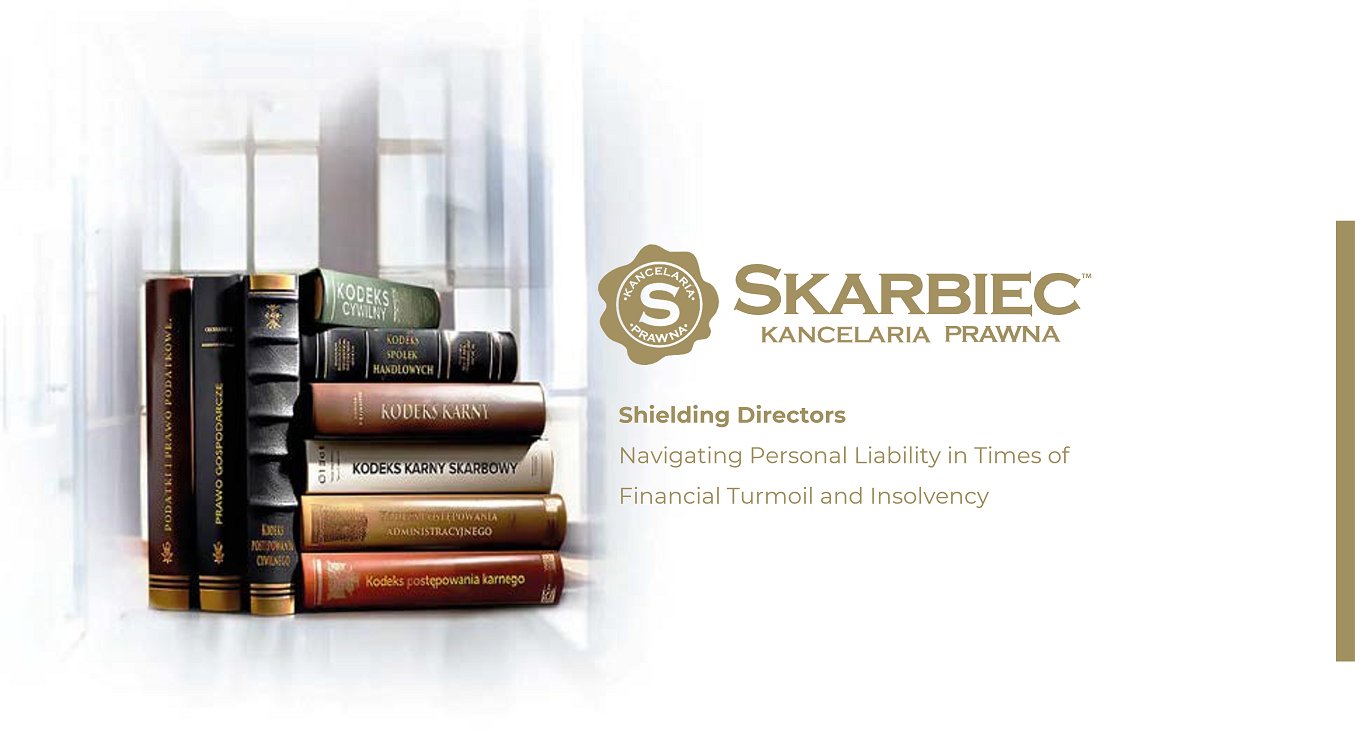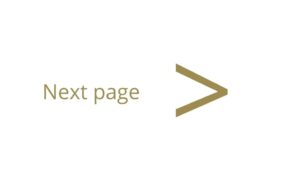
In Which Circumstances is a Board Member Not Relieved of Liability? Examples from Case Law
Chapter 8
Lost in Translation: When Ignorance of Polish language Will Not Save You
“The circumstance of weak or even lack of knowledge of the Polish language also does not release a member of the board of directors from liability. When consenting to manage the affairs of a company subject to Polish law, a person, reasonably and rationally assessing the matter and considering the basic scope of duties of directors of a limited liability company, should be aware that even in the absence of sufficient knowledge of the Polish language, they are obligated to comply with the rules and legal regulations concerning the management of the company and liability for its obligations. If they do not possess the ability to speak the official language of the country whose legislation governs the company they manage, it may only indicate their lack of prudence or result from the expectation of support from other entities (e.g. translators, company personnel, etc.). From this perspective, invoking a lack of knowledge of the Polish language is, in any case, a subjective circumstance that lies solely on the side of the board member as a factor that could be the basis for not taking on the management of the company in that position” [Supreme Court judgment – Civil Chamber of September 8, 2021, II CSKP 2/21].
8.1 Divided Duties, United Liability: Why Agreements concerning the division of duties Can’t Shield Directors
Board members cannot agree to divide responsibility among themselves with effect toward creditors of the company they are managing. Board members cannot evade or limit their liability by entering into an agreement on how to manage the company. Such an agreement is purely internal and cannot prevent creditors of the company from seeking claims from any directors. However, such an agreement can constitute a source of recourse claims between board members.
As the Supreme Court has explained: “Agreements made pro foro interno, i.e. among members of the board of directors, do not release a board member from liability. Such agreements, even if they take the form of a contract between board members, cannot lead to the exemption of one or some of them from liability towards third parties, nor to the avoidance of actions that are statutory duties of board members and for which the law conditions the release of these entities from liability on the principles defined in art. 299 of the Commercial Companies Code” [Supreme Court judgment – Civil Chamber of September 8, 2021, II CSKP 2/21].
8.2 Health Hazard: The Surprising Lack of a Clear Link Between Illness and Director Responsibility
The circumstance releasing the member of the board of directors from liability may be the health condition of the board member in a situation where it is of such nature that it prevents this person from managing the company. However, it is not sufficient to indicate that it concerns any illness or health condition deteriorating. The latter should lead to such a change in the health situation that justifies the inability to conduct the company’s affairs, and therefore the deterioration is significant, for example as a result of or during a serious illness. These circumstances should be of such a nature that they prevent the board member from functioning normally, and the assessment in this regard should be objective [Supreme Court judgment – Civil Chamber of September 8, 2021, II CSKP 2/21].
8.3 Out of Office, but Not Off the Hook: Half Resignations and Legal Liabilities. The liability of an individual who continues to manage the company in practice after formally resigning from the board of directors of the company.
There is also a view in the case law that on a tax standpoint, the responsibility still lies with the member of the management board who has resigned but continues to effectively manage the company’s affairs. The intention of the authors is to prevent the practice of appointing “frontmen” to manage the company’s affairs.
“The Supreme Administrative Court has consistently expressed the view, to which the Director of the Tax Chamber correctly refers in the cassation appeal, citing relevant judgments, that when assessing the liability of a third party for tax arrears of companies under Article 116 of the Tax Ordinance, the factual exercise of the functions of a member of the management board should be taken into account. When evaluating the joint liability of a specific individual for the tax arrears of a company they manage, it is crucial to establish whether they were actively involved in the management of the company at the relevant time. The joint liability of a member of the management board for tax arrears is not based solely on holding a formal position, but also on bearing the consequences of their actions or inactions. The actual performance of the duties of a member of the management board in a company, even after formally resigning from the position in that company, results in tax liability for that individual as provided for in Article 116 § 2 of the Tax Ordinance”[as in: Judgment of the Supreme Administrative Court dated February 2, 2024, III FSK 4114/21]”
The judgment was issued by a court specializing in tax matters, so it cannot be automatically transferred to civil obligations covered by Article 299 of the Commercial Companies Code. Interestingly, the Supreme Administrative Court, while indicating that in case a formally dismissed board member continues to perform duties of a member of the board, also continues to bear responsibility as if they were still a board member, omehow fails to mention that a board member who has not been formally dismissed but has ceased to function in practice would also be liable. The judgement concerning to the liability of a “front man” contradicts this argument and clearly says that front mant who was formally appointed but those not execire rights concerning management of the company, is indeed resposnsible.
8.4 The Subsidiary Liability of a Director Who Resigned from Directorship and Ceased to Act as a Director if the Company Received a Tax Decision After His Resignation.
Generally, a director is not responsible for anything that occurs after they have officially resigned and ceased to act in their capacity as a director. However, what is relevant is not the timing of the tax decision delivery, but rather the time frame to which that decision applies.
If tax obligations arose by operation of law during the period in which the appellant was a member of the management board of the company, then even if specific decisions regarding these obligations were delivered to the company after the appellant’s tenure in the management board, these decisions are solely declaratory in nature. In other words, they ascertain that the tax obligation in a certain amount arose by operation of law during a specific time period [cf. Ruling of the Supreme Administrative Court dated 25 January 2024, Case No. III FSK 3433/21].
In this situation, it is possible that after the resignation of a particular board member, the company may receive a tax decision relating to a period preceding the resignation. This creates a scenario in which the board member will not have any influence on the company’s operations, particularly on whether the company will appeal the decision. Nevertheless, the board member will still bear responsibility in the event that the decision becomes final.
This could potentially be another example of entrapment for directors if a decision is delivered after their resignation, and they no longer have any influence over the company’s appeal process.

Founder and Managing Partner of Skarbiec Law Firm, recognized by Dziennik Gazeta Prawna as one of the best tax advisory firms in Poland (2023, 2024). Legal advisor with 19 years of experience, serving Forbes-listed entrepreneurs and innovative start-ups. One of the most frequently quoted experts on commercial and tax law in the Polish media, regularly publishing in Rzeczpospolita, Gazeta Wyborcza, and Dziennik Gazeta Prawna. Author of the publication “AI Decoding Satoshi Nakamoto. Artificial Intelligence on the Trail of Bitcoin’s Creator” and co-author of the award-winning book “Bezpieczeństwo współczesnej firmy” (Security of a Modern Company). LinkedIn profile: 18 500 followers, 4 million views per year. Awards: 4-time winner of the European Medal, Golden Statuette of the Polish Business Leader, title of “International Tax Planning Law Firm of the Year in Poland.” He specializes in strategic legal consulting, tax planning, and crisis management for business.







